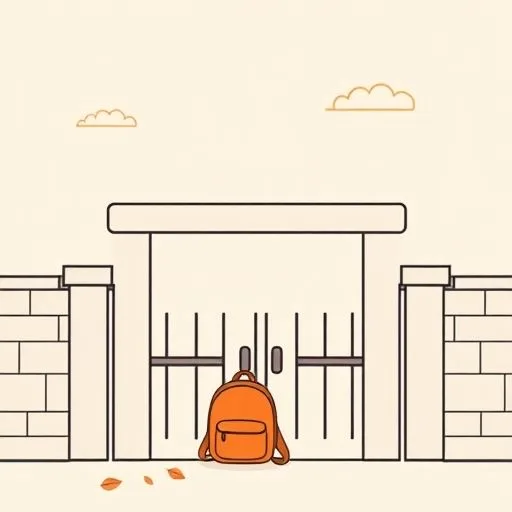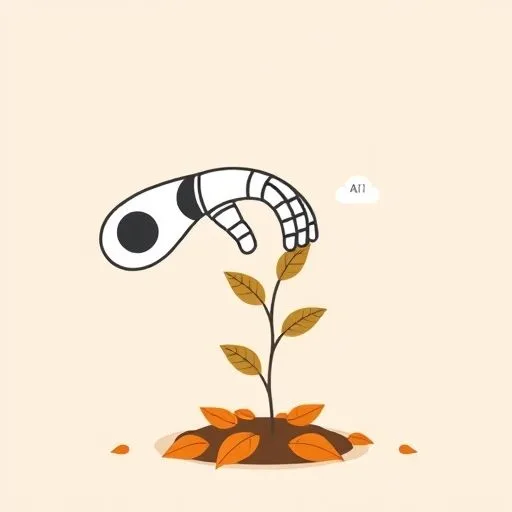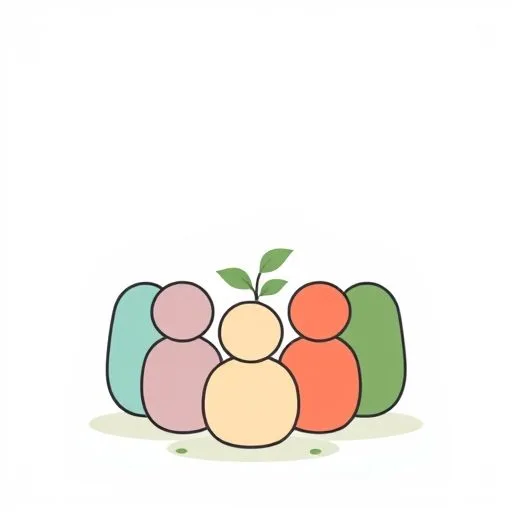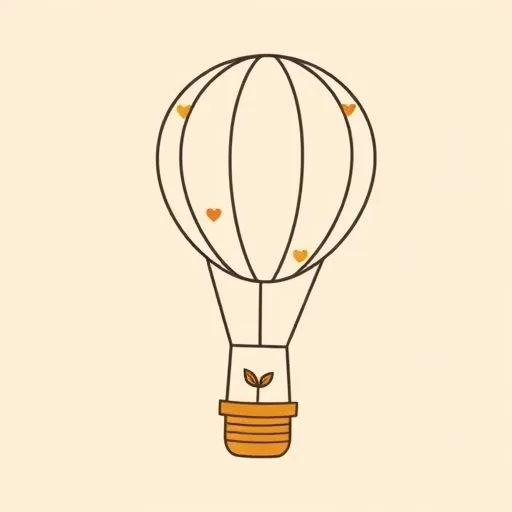
Raising Little Humans in an AI World: Our Greatest Adventure Yet
Last Tuesday, my daughter burst out of her classroom, backpack flying, eyes sparkling—she’d just coded her first robot on an app! You know that moment when you’re waiting by the school gate and your little one comes racing out with stories? It’s wild! My 7-year-old in Grade 2 trots the 100m from school to the park—no cram-school dash, just giggles and autumn leaves under her sneakers. As someone who spends his days navigating data and technology, I’ve been watching with both fascination and concern as the conversation around AI intensifies. Will our children be ready for a world where artificial intelligence changes the very nature of work? How do we prepare them without stealing the beautiful, unstructured childhood they deserve?
Will AI Steal Our Kids’ Future? Facing Tomorrow’s Worries Today

Has this thought kept you awake at night? What if everything we know about preparing our kids for success becomes irrelevant? The headlines certainly don’t help—AI potentially replacing half of entry-level jobs, creating both excitement and uncertainty about the workforce our children will inherit. As parents, we instinctively want to protect our kids from harm, but in this case, the threat feels abstract, technological, almost impossible to shield them from.
I remember sitting with my daughter during one of those precious bedtime conversations when she asked, ‘Daddy, will robots take your job?’ It was one of those moments that stops you cold. My first instinct was to reassure her, to promise that everything would be okay. But then I thought about it differently. Instead of shielding her from the reality of change, what if I helped her see it as an adventure?
The research shows that AI will indeed transform the job market—affecting nearly 40% of jobs worldwide, some replaced, others enhanced. But here’s the beautiful part: history shows us that technological revolutions, while disruptive, ultimately create as many opportunities as they eliminate. The key isn’t to fear the change but to prepare our children to dance with it.
What Skills Will Help Our Kids Thrive When AI Can’t Compete?

In our home, we’ve made a conscious choice to prioritize unstructured play and creativity over the academic pressure that so many families feel. No cram schools, no intense schedules—just the messy, joyful business of being a kid. But in this AI age, I’ve found myself wondering: are we giving our children the right kind of freedom?
What if the most valuable skills we can foster in our kids are precisely the ones that machines can’t replicate? Empathy. Creativity. Critical thinking. Adaptability. These aren’t just nice-to-have qualities—they’re the survival tools for tomorrow’s workforce.
My daughter and I spend hours building elaborate cities with blocks, telling stories where she’s the director, and exploring our neighborhood park with the curiosity of explorers discovering new continents. These seemingly simple moments are actually profound learning experiences. They teach problem-solving, collaboration, and the ability to think beyond established patterns—skills that will serve her whether she grows up to be a scientist, artist, or something that doesn’t even exist yet.
The future belongs not to those who can memorize facts, but to those who can ask beautiful questions, imagine possibilities, and connect with others on a human level. As AI continues to evolve, these uniquely human abilities will become increasingly valuable.
How Can We Balance Technology with Human Connection in Parenting?

Let’s be honest—raising kids in the digital age is like navigating a minefield blindfolded. We want our children to be tech-savvy, comfortable in a digital world, yet we worry about screen time, online safety, and whether they’re missing out on real-world connections.
In our family, we’ve found what I call the ‘balance of both.’ Technology isn’t the enemy, nor is it a babysitter. It’s a tool, and like any tool, its value depends on how we use it. My daughter and I have discovered some amazing educational apps that spark her curiosity and creativity, but we always follow up with real-world experiences.
After exploring an app about space travel, we spent an evening stargazing in our neighborhood park. After learning about animals on a tablet, we visited a local nature center to see them up close. This integration—digital knowledge followed by tangible experience—creates neural pathways that deepen learning and make it stick.
The key is intentionality. We’re not just letting technology happen to us; we’re consciously choosing how it fits into our family life. In doing so, we’re teaching our daughter not just to use technology wisely, but to see it as one piece of a much larger, richer world in an age increasingly shaped by AI.
How Can Our Communities Help Kids Thrive in an AI-Powered World?

I’ve always believed it takes a village to raise a child, but never more so than now. As AI transforms our workplaces and society, the human connections we build become our anchor. They’re what no machine can replace.
In our neighborhood, we’ve created little traditions—after-school playdates, weekend potluck picnics, holiday gatherings. These simple acts create a web of support that extends beyond our immediate family. They teach our children about community, cooperation, and the joy of shared experience.
Research shows that entry-level positions are most vulnerable to AI displacement, but here’s where our communities can shine. By connecting our children with mentors of all ages and backgrounds, we expose them to different perspectives and opportunities they might never discover on their own. The older generation brings wisdom, while our children bring fresh eyes—a perfect complement to the analytical power of AI.
In this way, we’re not just raising individuals; we’re cultivating a community that can adapt, support one another, and thrive together through whatever changes come our way in an AI-influenced future.
How Can We Raise Hopeful Kids Ready for an AI-Powered Future?

When I was young, the future seemed predictable. You went to school, got a job, and stayed with it until retirement. Today, our children will likely have multiple careers, learn new skills throughout their lives, and adapt to technologies we can barely imagine.
And you know what? Thrilling! The same qualities that make childhood magical—curiosity, resilience, creativity—are precisely what our children will need to navigate this changing landscape.
Consider this: while AI might automate certain tasks, it also frees up human potential for more meaningful, creative, and relational work. Our children might find themselves in roles that don’t even exist yet—roles that blend technological understanding with uniquely human strengths.
My daughter’s future won’t be defined by what machines can do, but by how she chooses to use tools (including AI) to solve problems, create beauty, and connect with others. Her value as a human being will remain unchanged, regardless of technological advances.
When the worries creep in, I return to this truth: the best preparation for our children’s future isn’t more academics or earlier specialization. It’s the love we pour into them today, the values we instill, and the joy we find in the simple moments of being together. That’s the foundation that will never be replaced by any algorithm.
Source: Artificial intelligence is coming for our jobs, but will it replace you?, ABC News, 2025/09/24 18:42:36
